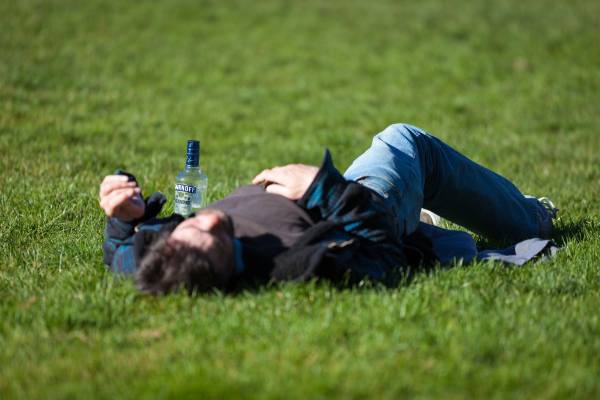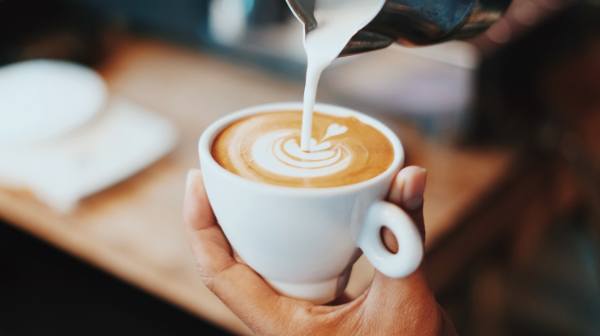The next day after consuming more alcohol than they can handle, many people experience symptoms. There isn’t much proof that coffee does anything to counteract the effects of alcohol, despite the fact that it has long been recommended as a hangover remedy. Read this article and try to figure out why coffee cannot help a hangover.
What Is A Hangover
Someone who drinks too much will experience a hangover. It often occurs in the morning after a night of drinking.
On what exactly causes hangovers, researchers are still unsure. However, research indicates that biological factors, such as dehydration, gastrointestinal irritation, inflammation, chemical exposure, disrupted sleep, and mini-withdrawals, likely contribute to the symptoms.
Some research also suggests that genetics may play a role. The following are examples of hangover signs:
- fatigue
- weakness
- headaches
- increased thirst
- sensitivity to light and sound
- sweating
- irritability
- anxiety
- nausea
- stomach pain
- muscle aches
- dizziness
- increased blood pressure
The signs of a hangover can differ greatly from person to person. It is also impossible to predict how much alcohol will result in hangover symptoms because different people will react differently to the same amount of alcohol.
Some alcoholic beverages may also make someone more likely to experience hangover symptoms. For instance, research indicates that congeners, which are present in dark-colored spirits such as bourbon, may worsen a hangover.
If a person notices worse symptoms after drinking wine, particularly white wine, it is possible that they have an intolerance to sulfites.

Do Hangovers Benefit From Coffee
So drinking coffee should help if you’re dehydrated, right? Not exactly.
In addition to making you urinate more, coffee is a diuretic, so it won’t do much to replenish your depleted reserves. “According to Dr. Roach.
Your hangover headache might not respond well to coffee’s caffeine. Because caffeine causes blood vessels to constrict and blood pressure to rise, it might make your head hurt worse.
Of course, if you’re used to getting a morning coffee fix and skip it, then you run the risk of a caffeine withdrawal headache.
So, if drinking coffee is a regular part of your routine, you might want to start with a small cup and avoid overdoing it, suggests Dr. Roach.
Coffee Can Affect Your Hangover
Alertness
Coffee contains adenosine, adrenaline, and caffeine. All these chemicals contribute to increased alertness and focus, both of which you desperately need when hungover. In other words, even if you find it difficult to get out of bed and function, coffee will help you wake up.
However, if you plan on taking a nap to try and sleep off the hangover, drink only a small amount of coffee so it doesn’t keep you up.
Caffeine Withdrawal
If you typically drink coffee every day, we don’t advise skipping a day because of a hangover because it could cause, or lengthen and intensify, your likely headache.
Instead of compounding your symptoms from the hangover, it is best to consume at least a small amount of coffee before caffeine withdrawal makes it worse.
Metabolism
The caffeine in coffee stimulates your metabolism and makes you hungry. You’ll need all the assistance you can get in order to keep food down when you’re experiencing the side effect of nausea that is frequently linked to hangovers. Eating will give your body the nutrients and energy it needs to finish the healing process.
Headaches
At least one study has shown that caffeine paired with an anti-inflammatory can help alleviate hangover symptoms. The combination of caffeine and alcohol prevents alcohol from producing acetate, which relieves headaches and other hangover symptoms.
However, it should be noted that the effects wear off as soon as you fully metabolize the caffeine.
According to your age, weight, biological sex, whether or not you smoke, and other factors, you’ve metabolized half of the caffeine in about four to six hours, and it can take up to ten or twelve hours to fully do so.
Other Quick Hangover Tips
The best way to prevent a hangover is to never drink alcohol, but not everyone wants to give it up entirely. If people do choose to drink, it is advisable that they drink in moderation.
People can try to manage and reduce their symptoms by rehydrating, eating nutritious food, and getting plenty of rest.
Home remedies are another option. While coffee may not help, research suggests that some natural substances may help with hangover symptoms. These may include:
- kudzu
- Fructus evodiamine
- Korean pear
- asparagus
- ginger
- water dropwort
- pear cactus
- ginseng
The research is scant and is still inconclusive, despite some evidence that suggests these natural remedies may help with hangover symptoms.
Drinks with these ingredients, as well as specific teas or electrolyte beverages, might offer some relief. However, the simplest and most effective drink to help hangovers is water.
Alcohol Risks
As they are a sign that someone is regularly consuming too much alcohol, frequent hangovers are likely to be unhealthy. Heavy, binge or inappropriate drinking can significantly harm health.
Potential short-term effects of excessive alcohol consumption include:
- injuries — for example, from falls, car accidents, and burns
- violence, including homicide, suicide, sexual assault, and intimate partner violence
- alcohol poisoning
- risky sexual behaviors, which may result in unintentional pregnancy or sexually transmitted infections (STIs)
- pregnancy loss, stillbirth, or fetal alcohol spectrum disorders (FASDs)
Summary
Coffee doesn’t treat a hangover and is probably of little, if any, benefit. Despite some people’s recommendations to the contrary. In some instances, it might even exacerbate hangover symptoms. Consequently, it might not be a good idea for you to drink coffee after a hangover.




